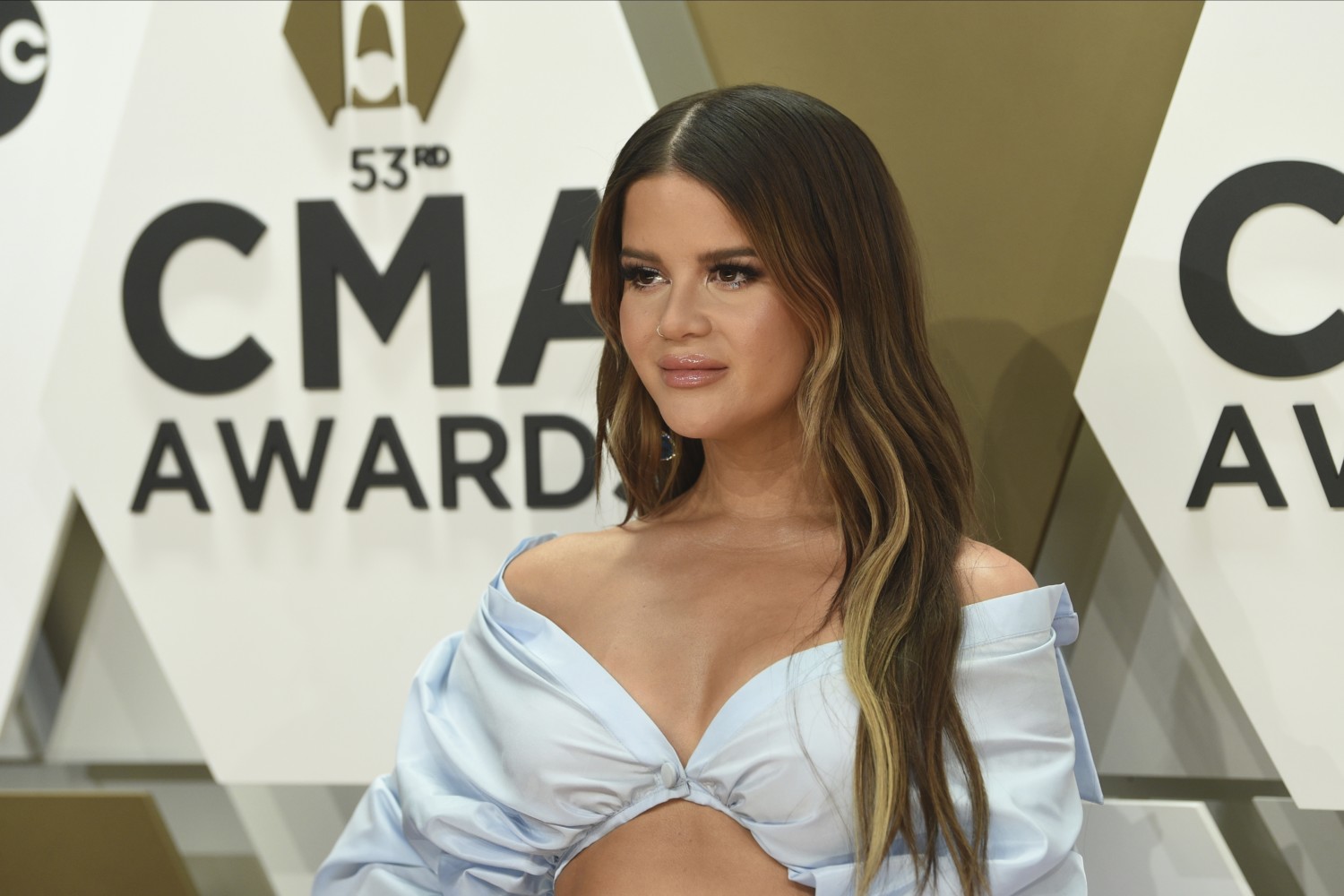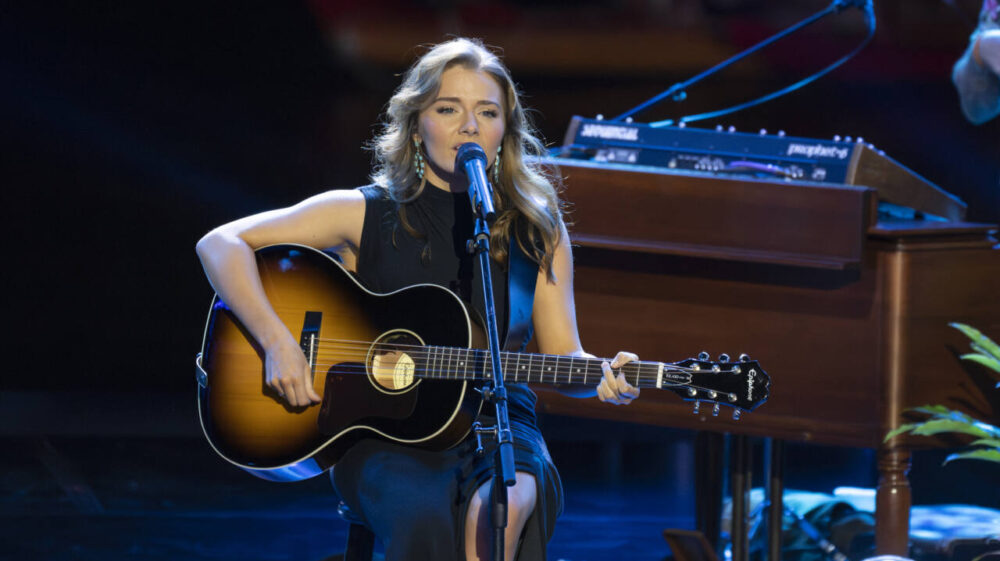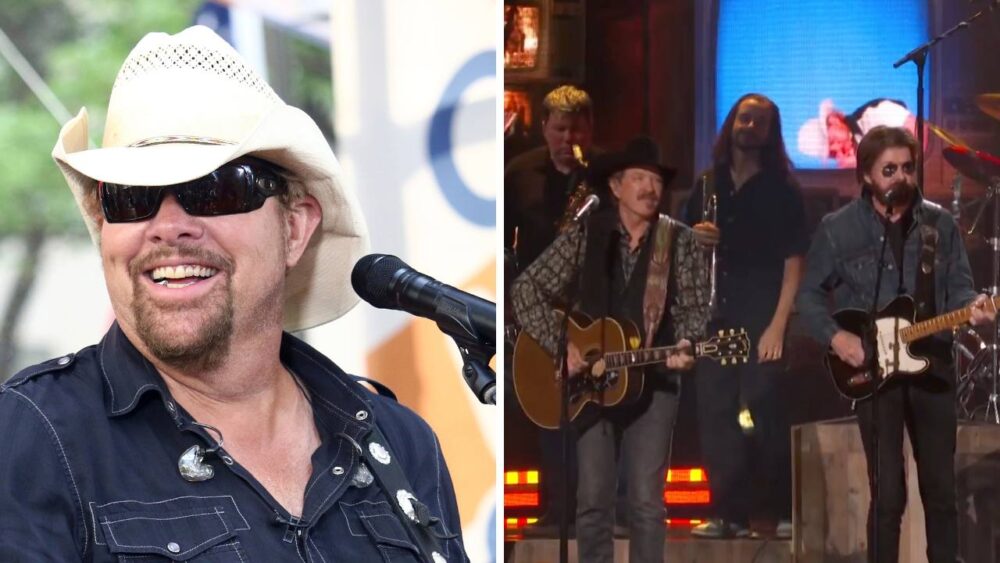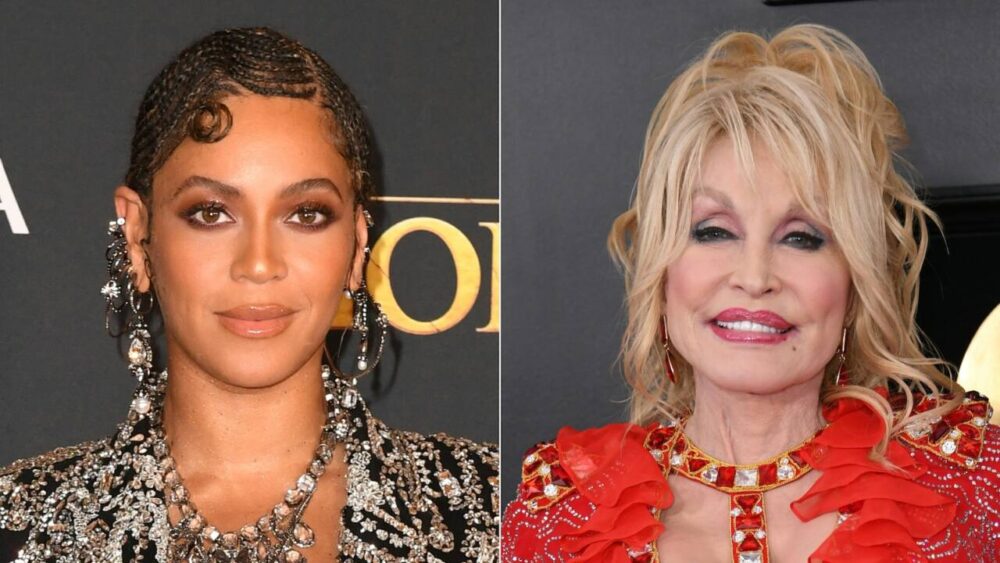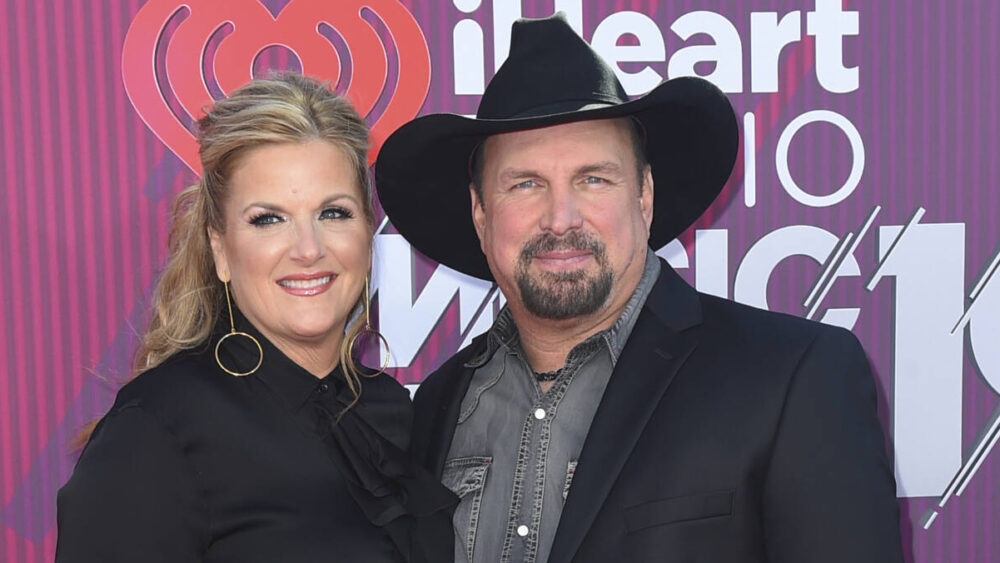Marren Morris, Rissi Palmer and other country stars discuss racism in the music industry
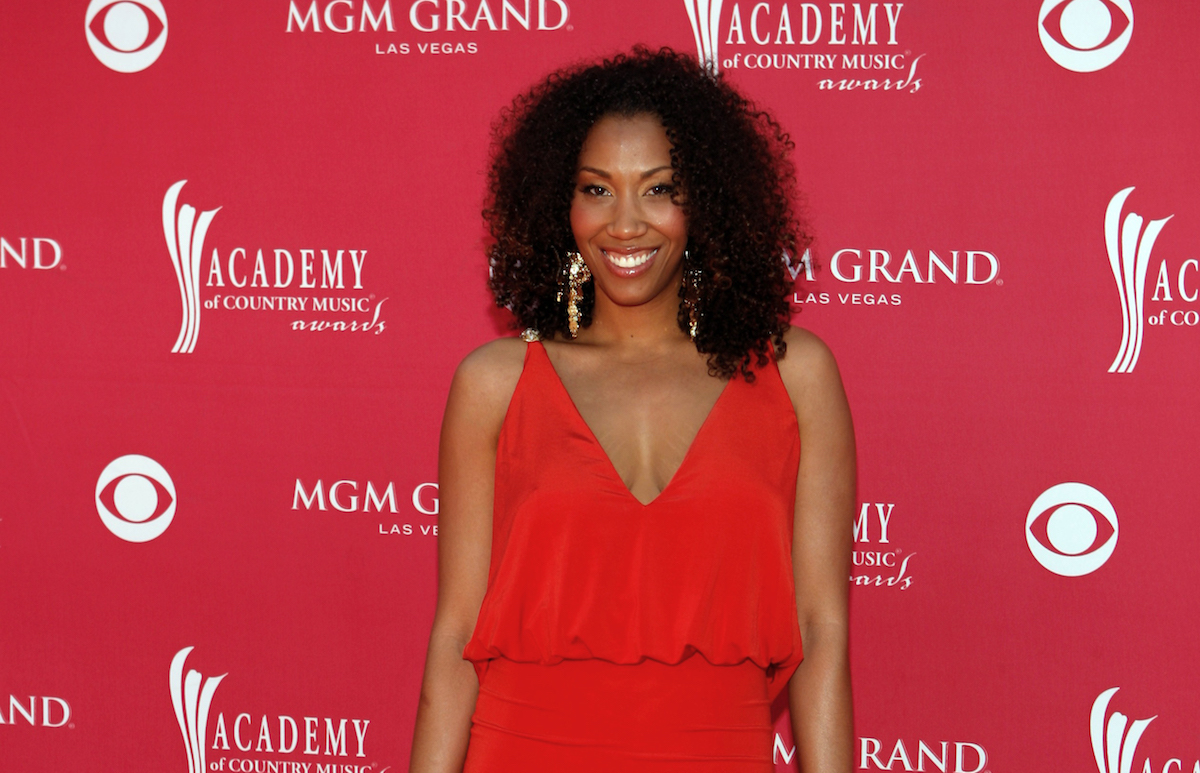
Country music’s lack of diversity and inclusion isn’t a new talking point, but it’s been under the spotlight in recent weeks following the Morgan Wallen racism scandal. After a recent video of the singer using a racist slur went public, he issued a lengthy apology, pledged to get sober and asked his fans not to defend him.
But the issues in the country music industry go deeper than Wallen’s racist language, and the genre’s stars are continuing the conversation.
In a panel at the 2021 Country Radio Seminar in February, Maren Morris and Luke Combs discussed axing the Confederate flag from country music festivals and performances. Morris is one of the country artists who has been speaking out against Wallen’s behavior and more generally about racism and sexism in the industry.
“I’m from Texas,” Morris said during the panel, Variety reported. “This is just sheer ignorance and privilege, but I did not know that the rebel flag meant what it meant until I was probably 15 or 16 years old. I mean, this is how horribly whitewashed history is and how it has failed us. ‘The South will rise again’ — those are all just terms thrown around. There was no explanation behind it. And I think a large majority of people that listen to country music don’t know, either, the deeper meaning of what that flag signifies.”
“At these country music festivals, I see the Confederate flags in the parking lots,” she continued. “I don’t want to play those festivals anymore. If you were a Black person, would you ever feel safe going to a show with those flying in the parking lot? No. I feel like the most powerful thing we can do as artists in our position right now is to make those demands of large organizations, festivals, promoters, whatnot.”
In a recent virtual roundtable episode of her radio show “Color Me Country,” Rissi Palmer discussed racism in the country music industry with Morris and fellow country singers Andrea Williams and Cam. The episode, which aired on Apple Music Country, covered country music’s issues with race and gender, and the women shared their thoughts on how to diversify the industry in the future.
Morris talked about her tribute to Black women in country music (she dedicated her Female Artist of the Year award to Rhiannon Giddens, Yola, Linda Martell, Palmer, Mickey Guyton and Brittney Spencer) at the CMA Awards last November.
“I certainly was not trying to be performative at all,” Morris said. “I genuinely was thinking about the people that kind of kicked the door in for me and gave my name a platform like that, some recognition… Several people did that early on in my career, and that’s kind of where my heart was at.”
During the radio show, Palmer said the industry has the power to silence artists’ voices.
“I think that in this business we’re a dime a dozen,” Palmer said. “And if you’re too much trouble, or if you cost too much, or if you’re not making them enough money, it all has to do with the bottom line and if you’re not meeting that, I think that you’re disposable.”
Williams called out the hypocrisy of Nashville’s white liberals, too.
“Since what happened at the Capitol, [there are] so many people in this Nashville space that are doing all of this stuff, that are calling out the Confederate flags that were traipsed through the Capitol building, that have been to billions of shows with Confederate flags, that don’t care that Black people can’t work in this town,” she said.
A roundtable discussion about allyship and country music.@RissiPalmer connects with @MarenMorris, @camcountry and @AndreaWillWrite on #ColorMeCountry: https://t.co/4gODIKlcik pic.twitter.com/xKFjjVYPpe
— Apple Music (@AppleMusic) February 15, 2021
“We can’t play this game anymore of pretending everything’s fine,” Cam said. “Even if you’re trying, you have to be OK being uncomfortable.”


